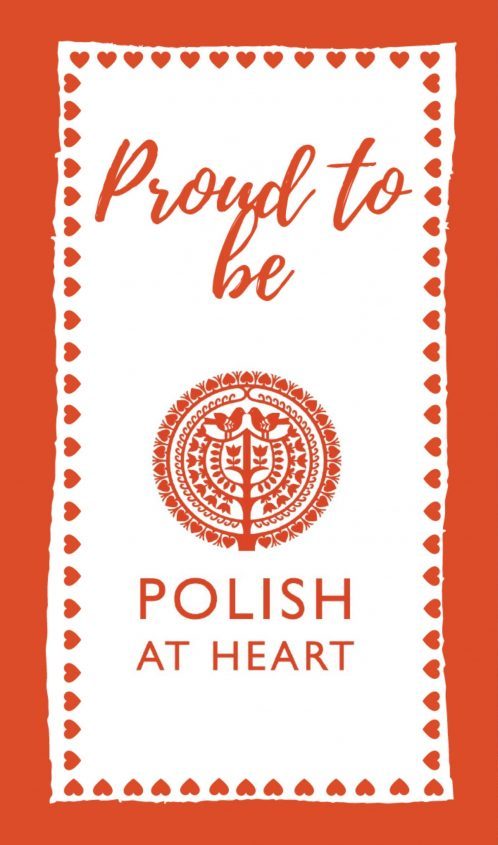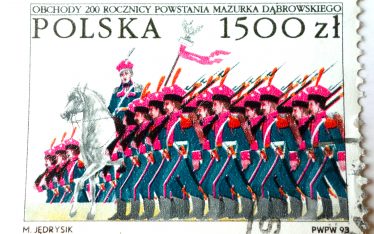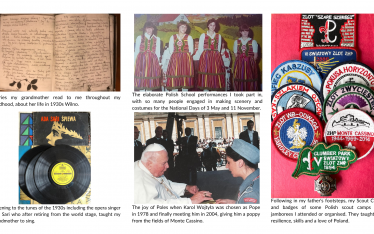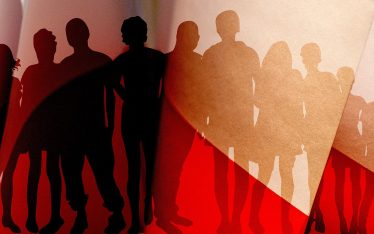My Polish passport finally arrived last month! I’ve written previously about my identity as a Pole born abroad and my concerns that a Polish passport wasn’t really for me – but I’m happy to say my Polish soul sings with happiness at proof of my identity.
A new Identity?
I wrote about the issue of identity and having obtained citizenship, my apprehension at taking the next step. What would it mean to have a passport of a country I’ve never lived in? All I can say is that I’ve got a new self-assurance in my nationality and a greater sense of belonging. I can now prove who I am and realised (while on the phone with a Pole born in Poland) that I have a greater confidence in voicing my opinions on Polish matters and a feeling that I can now rightfully contribute to Poland’s development using my vote.
A timely day?
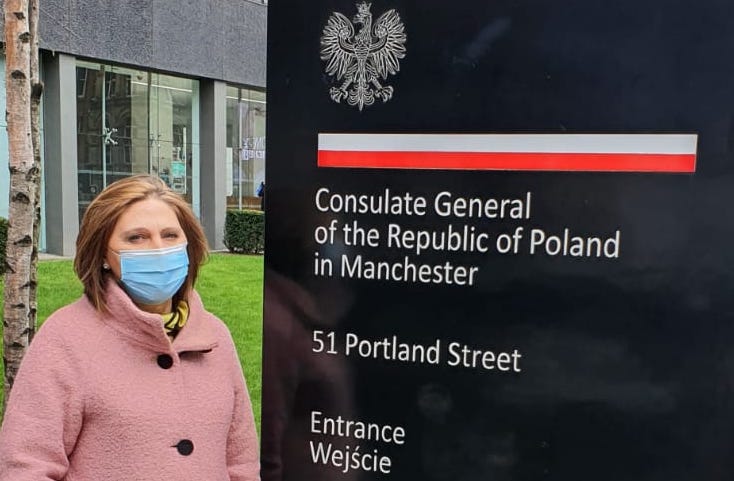
Having put my application in in mid-April, I was told to expect its arrival at the end of May so I couldn’t have been more surprised that on Saturday 8 May the postman handed me back my self addressed envelope. Could this have been a more auspicious day? 8 May 1945, the day the War in Europe was declared over. Our grandparents and your mothers/fathers/grandparents or great grandparents would have been mightily relieved that the German armies had been crushed, but still felt defeated by the decisions at Yalta earlier that year. General Anders wrote:
“Each of the soldiers of the 2nd Corps was aware from the very beginning that in this war the road to Poland’s independence would be long and thorny. But he believed that as a result of his efforts, hardships and wounds, he would return to Poland, his family, his piece of land or other occupation. Today everyone understood that his hopes would not come true at the end of the war.” (Castrocaro, Italy -13 February 1945)
I’ve written about the Victory Parade in London in 1946, a year after the war in Europe ended and about the myths surrounding it. It took the persistence of a Polish captain’s son to ensure it was never too late for reparations and we were finally invited 60 years later to march in a commemorative victory parade. For someone who wanted to prove that my family’s stand against Fascism and Communism was worthwhile – this was an ironic day to receive the final symbol of my birthright.
A lengthy and cumbersome process?
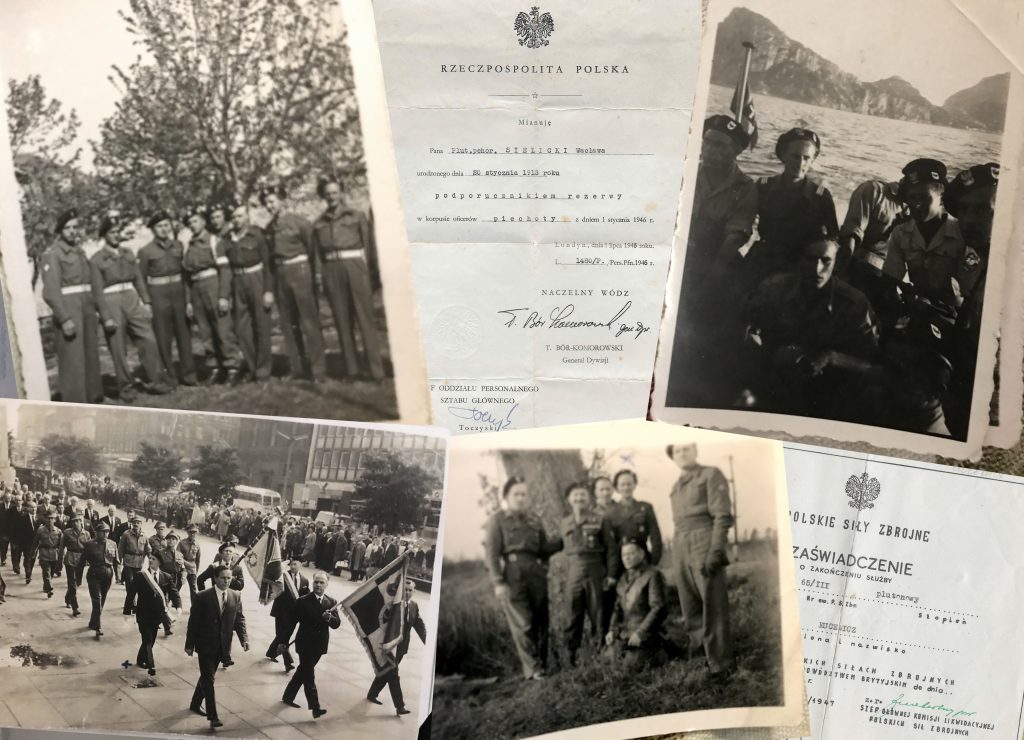
I do understand that the process of applying for citizenship has to be bureaucratic and issues of identity have to be checked. There is now, however, ample data publicly available about Poles who fought on various fronts that I really think there should be a streamlined process for the families of those who overcame so many obstacles of imprisonment, starvation, recovery and loss to become the fourth largest Allied Army in Europe. Poland has always been a bureaucratic nation and we are used to British efficiency but as a Polish speaker I found this a cumbersome procedure full of unanswered questions. I do try to answer some of these in my article about applying for confirmation of citizenship and passport though every person’s situation is different.
So Reader, since first printing off an application form, spending a year getting the family documents together and ironing out the anomalies of dates and names, I had my citizenship confirmed. It felt like a huge achievement. I could have received a passport the same year, but in truth, I needed time to come to terms with it, what it meant to me and my family. Remember though, our shared history with Poland for many centuries, that obstacles were a daily challenge for those who went before us. I say unreservedly to just do it! Get what is rightfully yours!
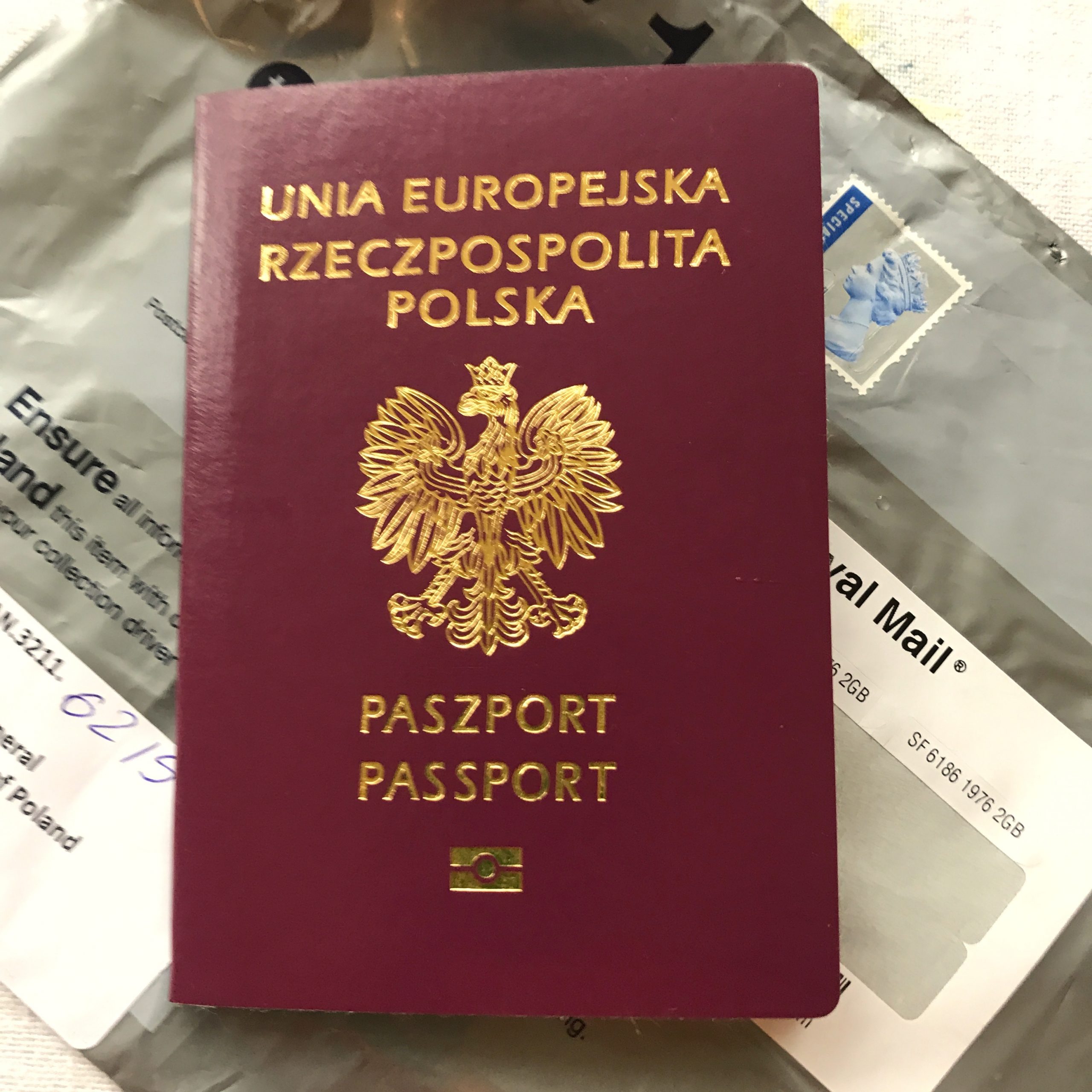
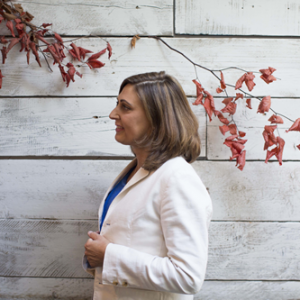
 1.Tracing Family History pre-WW2
1.Tracing Family History pre-WW2 2. Tracing Family History WW2
2. Tracing Family History WW2